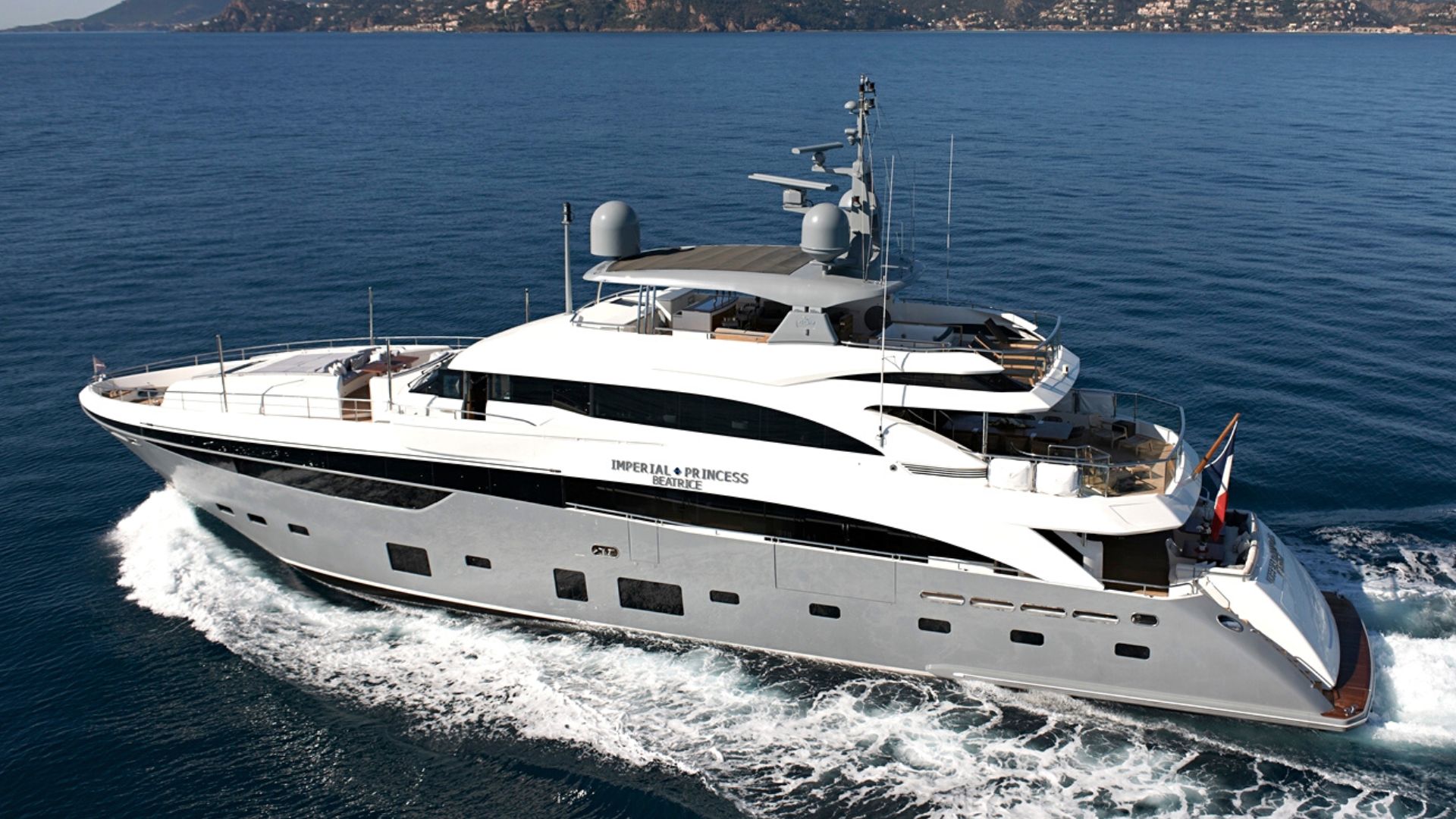
Stay in Touch
Subscribe to our newsletter to receive the finest deals in the yachting business and the best opportunities.
Take your luxury vacationing to another level with a yacht charter. One of the safest and most private vacations you can experience out on the water with family and friends, more and more people are booking a superyacht charter than ever before following the pandemic. With charter yachting becoming more accessible, we share some tips from the yachting on how to charter a yacht.
It is up to a charter broker to match you with the right yacht and crew. Depending on your wishes, budget and destination, they will take charge of planning the entire yacht charter. The right charter broker is essential to ensuring your yacht charter is successful and planned out to perfection. While there are professional organisations like MYBA, The Worldwide Yachting Association, which offer a database of industry-recognised professionals, do not be afraid to look into your own network for recommendations when it comes to finding a charter broker. After connecting with the right charter broker, communication concerning your preferences is vital.
A good charter broker will not only handle all the questions, paperwork and payment for the charter while ensuring you have the best charter experience; they will also ensure you receive the best price possible. Charter brokers receive a commission from the charter fee for finding the right charterer, but broader charter operators’ prices are the same.
First-time yacht charterers may be surprised to hear that the initial charter fee is not an all-inclusive or final figure. The charter fee covers the hire of the yacht, the crew and insurances – everything that is linked to the yacht itself. All other costs, such as foods and beverages, fuel, dockage, day trips and more, are additional costs for the yacht charterer. Budget for an extra 30 percent on top of the baseline charter fee for these extras, which go into a fund known as the Advanced Provision Allowance (APA) or the skipper in cash, depending on the yacht charter. Keep in mind that there may also be Value Added Tax (VAT) you have to pay on the charter rate, depending on the country of embarkatio,n as well as the customary tip for crew and captain.
First-time charterers will likely enjoy the most frequent cruising grounds such as the Mediterranean and the Caribbean, as they are more easily accessible, offer more yacht options for chartering, plenty of safe anchorages and sufficient resources for provisions. There is a good reason the French Riviera or Dalmatian Coast are popular cruising grounds, and first-time charterers can explore these destinations knowing they are in very safe hands before thinking about venturing out towards more unchartered waters.
No, yacht charters can also be booked for less time. Although many crewed yachts usually offer week-long charters from Saturday to Saturday, across popular cruising grounds like the Mediterranean, some destinations tend to offer more flexibility, such as the Caribbean. There are also options for day yacht charters for those looking for just a day out on the water.
A bareboat charter is a yacht rented without a crew or just a skipper. Without the crew, the charterer will have to skipper and navigate the vessel themselves. A skipper onboard the bareboat charter will handle the yacht, recommend routes, suggest places to visit and help ensure the charter is as enjoyable and relaxing as possible for guests, but the skipper also needs space and food onboard.
A crewed yacht charter includes a fixed crew that looks after the yacht and guests. Consisting of a captain, deckhands, stewardesses, engineers and more additional members depending on the yacht charter, the expectedly trained crew look after and fulfils the guests’ needs and wishes.
Depending on the country of embarkment, charterers will have to show a certain type of certification or previous boating experience to charter a yacht. Charterers can also choose to hire a bareboat with a skipper if they do not have the necessary qualifications or certification but still want the bareboat experience. Most motor yachts require at least a PB2 (powerboat level 2) and a day skipper license.
While tipping is voluntary, it is customary to tip the crew between 5 and 15 percent of the charter fee. Some recommend giving the tip directly to the captain on the last day to ensure it is allocated equally among the crew.
Subscribe to our newsletter to receive the finest deals in the yachting business and the best opportunities.